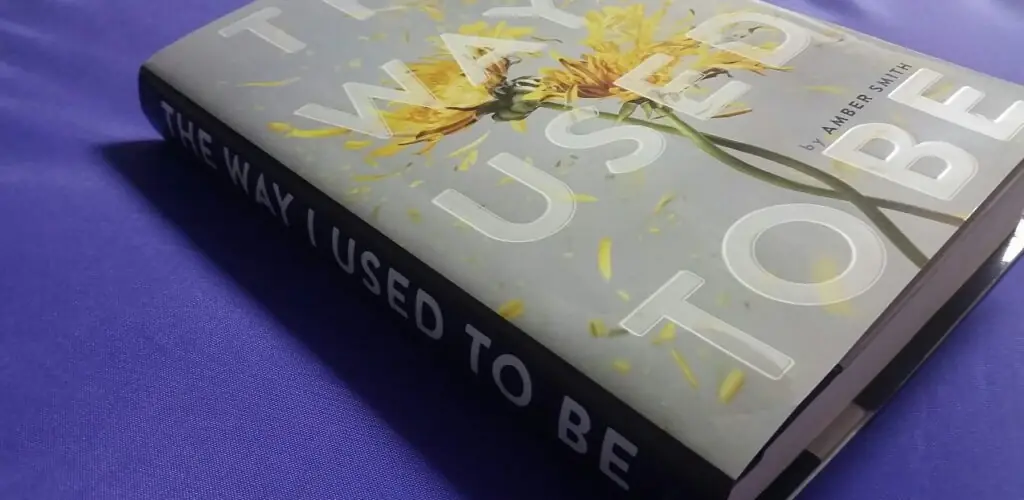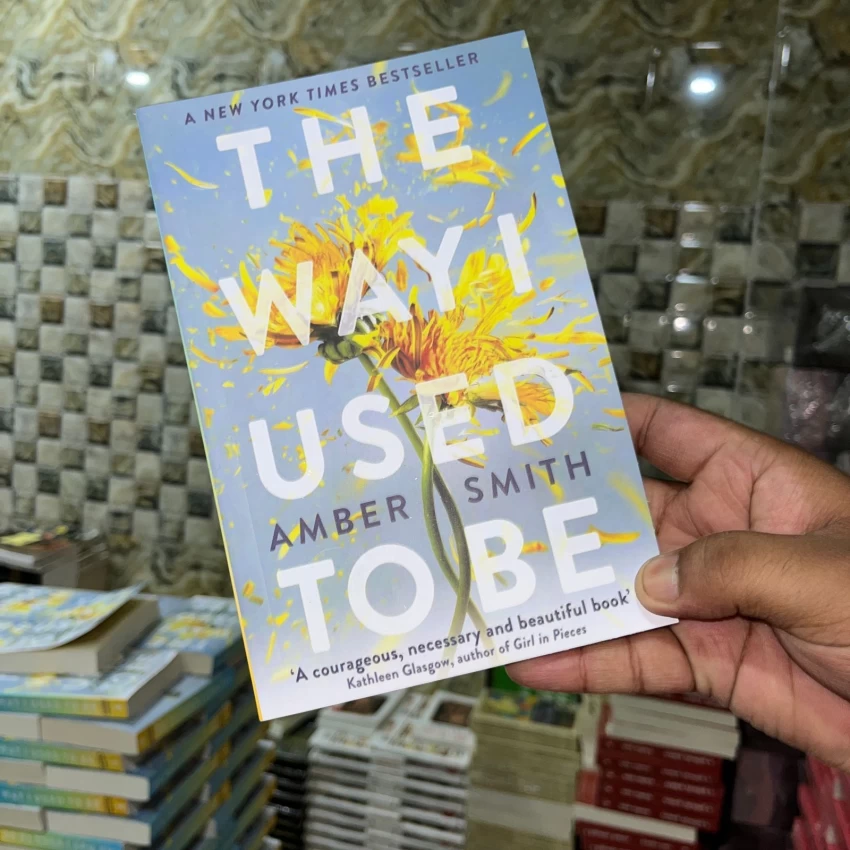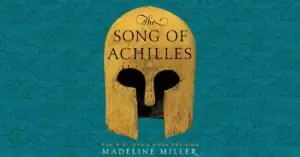“The Way I Used to Be” by Amber Smith, published in 2016, is a poignant and powerful young adult novel that delves into the life-changing impact of sexual assault. The story follows Eden McCrorey’s journey through high school after she is raped by her brother’s best friend, Kevin, someone she once trusted. The novel is a raw and emotional depiction of how trauma can alter a person’s identity, relationships, and perspective on life.

✅ AI Essay Writer ✅ AI Detector ✅ Plagchecker ✅ Paraphraser
✅ Summarizer ✅ Citation Generator

Overview
The narrative is structured in four sections—Freshman, Sophomore, Junior, and Senior years—tracing Eden’s evolution and coping mechanisms over her high school years. Initially a bright and happy teenager, Eden’s world is shattered overnight, and she chooses to keep the assault a secret, struggling alone with the pain and confusion.
Plot Summary
Freshman Year: Eden’s ordeal begins the night Kevin assaults her in her own bed. Fearing disbelief and repercussions, she decides not to tell anyone, including her family and her best friend, Mara. She starts to detach herself from her old life and relationships.
Sophomore Year: Eden begins to change drastically. She adopts a rebellious persona, engaging in risky behaviors, pushing away her loved ones, and using sex as a way to regain control over her body and assert her autonomy. Yet, these actions only serve to deepen her sense of isolation.
Junior Year: Eden’s self-destructive spiral continues. She engages in more reckless behavior, pushing her limits and testing the patience of those who care about her. Her grades plummet, and her relationship with her family becomes increasingly strained.
Senior Year: As high school draws to a close, Eden must confront her unresolved trauma and the person she has become. The impending departure to college and a newfound relationship offer glimpses of hope and healing. Eventually, Eden finds the courage to confront Kevin and disclose her assault, beginning the process of reclaiming her voice and identity.

Insights
“The Way I Used to Be” explores the profound effects of trauma on an individual’s sense of self and their interactions with the world. Eden’s journey illustrates the complex and often messy process of dealing with sexual assault, including the feelings of shame, anger, and betrayal that can accompany it. The novel highlights the importance of empathy, understanding, and support for survivors of sexual violence.
Notable Quotes
- “I don’t know if I’m more afraid of letting go or holding on.”
- “Sometimes things just happen to you. They just happen. You can’t help it. But it’s what you do next that counts. Not what happens, but what you decide to do about it.”

Similar Books
Readers who appreciate the themes and narrative style of “The Way I Used to Be” may also find the following books meaningful:
- “Speak” by Laurie Halse Anderson – A powerful novel about a high school girl who becomes nearly mute and must find her voice after a traumatic event.
- “All the Rage” by Courtney Summers – This book tackles the subject of rape culture and the stigma and disbelief that can surround survivors of sexual assault.
- “Girl in Pieces” by Kathleen Glasgow – A novel that explores themes of self-harm and recovery through the experiences of a girl dealing with the aftermath of trauma.
- “Exit, Pursued by a Bear” by E.K. Johnston – A story of a cheerleader who rebuilds her life after a sexual assault, with a strong focus on friendship and resilience.
“The Way I Used to Be” offers a candid and heart-wrenching look at the aftermath of sexual assault, portraying the enduring impact of trauma and the challenging path toward healing and self-acceptance. Through Eden’s story, Amber Smith provides a voice to silent sufferers and a reminder of the resilience of the human spirit.
Follow us on Reddit for more insights and updates.





Comments (0)
Welcome to A*Help comments!
We’re all about debate and discussion at A*Help.
We value the diverse opinions of users, so you may find points of view that you don’t agree with. And that’s cool. However, there are certain things we’re not OK with: attempts to manipulate our data in any way, for example, or the posting of discriminative, offensive, hateful, or disparaging material.